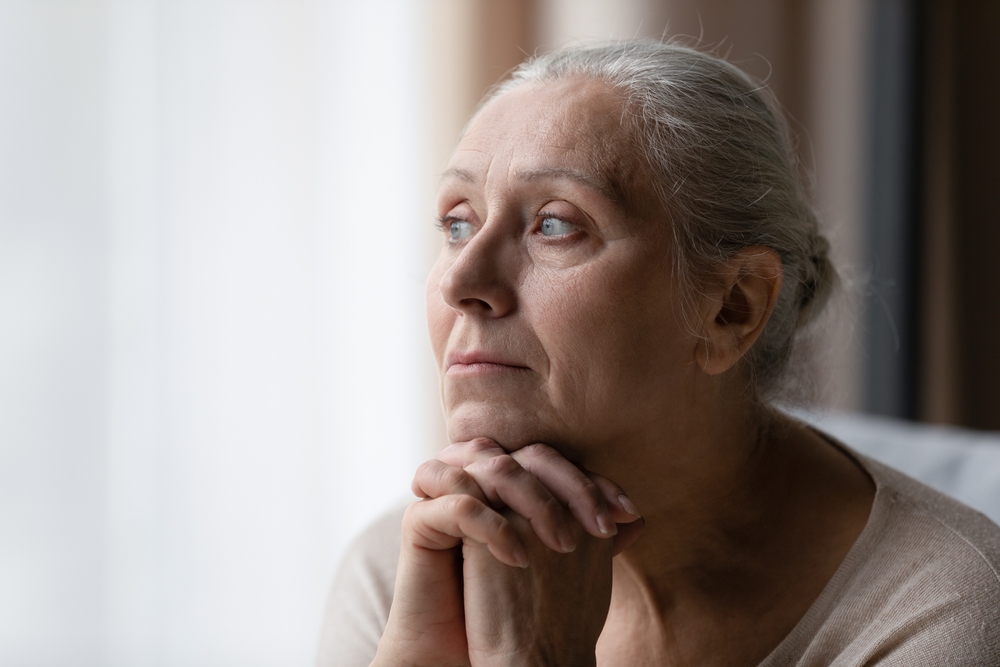Are you doing everything you can to keep your hearing safe? It might surprise you to know that some of the same lifestyle choices you make for other aspects of your health will lower your risk of hearing loss, as well. A study conducted by the University of Florida confirms that exercise might just be good for your ears.
Exercise and your overall health
You probably already know that regular exercise has a positive impact on overall health and reduces your risk of chronic illnesses like hypertension and diabetes. The Mayo Clinic reports that a regular schedule of exercise will:
- Control your weight
- Combat disease
- Improve mood
- Boost energy
- Enhance sleep
Now, we can add reduce your risk of age-related hearing loss to that list, as well.
Exercise and hearing
It is estimated that around 17 percent of the adult population has some degree of hearing loss by the time they reach the age of 55 – the number jumps to one in every three people after the age of 65. This kind of age-related hearing loss is called presbycusis, and it is the result of wear and tear on the mechanisms of the ears, specifically the tiny hair cells in the inner ear. Chronic exposure to loud noise is also a contributing factor.
The good news is that establishing healthy habits now can lower your risk of needing hearing aids later in life. For example, taking steps to reduce your exposure to loud noise will help. After conducting a study on mice, researchers at the University of Florida believe that exercise plays a significant role, as well.
The study authors found that physically active mice had fewer markers of inflammation than those that were sedentary. Inflammation markers are proteins found in blood plasma that indicate potential cell damage. It is possible that age-related inflammation in the inner ear is the cause of hearing loss as you grow older. Hearing loss has also been associated with high blood pressure.
What that means for people looking to protect their ear health is regular exercise can reduce age-related inflammation and blood pressure, and that means less trauma to the tiny hair cells. Exercise is also your best bet to ward off diseases that tend to affect hearing later in life, as well, such as hypertension, cardiovascular disease, and diabetes. Combined with other smart life choices like regular ear checkups and hearing tests, and exercise is a proactive approach to better hearing.



